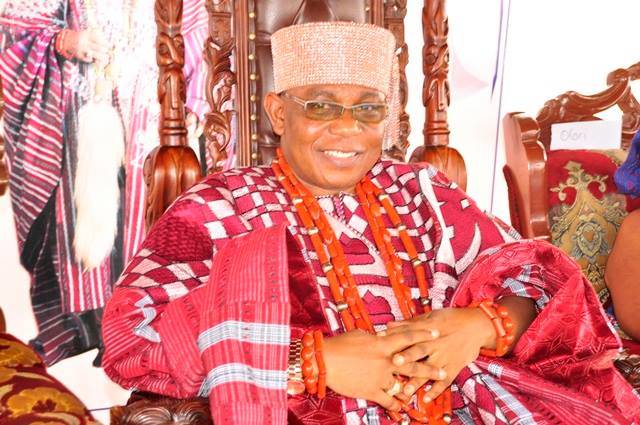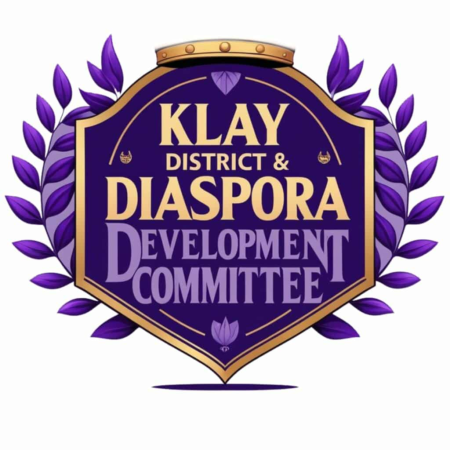The Deji’s Decade-Long Legal Battles: A Struggle for Traditional Authority and Akure Unity
Oba Aladetoyinbo Aladelusi, the Deji of Akure Kingdom, marked his tenth coronation anniversary with a candid reflection on the challenges he has faced during his reign. Foremost among these challenges is the staggering number of legal battles he has been embroiled in – over 100 court cases, a testament to the complexities of traditional authority and the persistent disputes over the Deji’s paramountcy across Akure-speaking communities. These legal battles, according to the monarch, primarily stem from contests over his traditional jurisdiction, which he asserts extends to all communities that speak the Akure dialect, regardless of their administrative boundaries.
The Deji’s claim to traditional authority over all Akure-speaking communities, encompassing areas within Akure North, South, and Ifedore Local Government Areas, forms the crux of the numerous legal challenges he faces. He argues that this authority is not self-imposed but rather a historical precedent, established long before the advent of modern administrative structures. He emphasizes the linguistic unity of these communities as a key factor underpinning his claim, asserting that the shared language is a powerful indicator of shared heritage and thus, shared allegiance to the Deji’s stool. This assertion, however, has been met with resistance, leading to the proliferation of court cases challenging the Deji’s authority.
Upon ascending the throne a decade ago, Oba Aladelusi embarked on a mission to foster peace and unity among the various Akure-speaking communities. He called upon the traditional rulers of these communities to recognize the Deji’s stool as the paramount authority, drawing parallels to the undisputed positions of other prominent Yoruba monarchs like the Ooni of Ife and the Alaafin of Oyo. He emphasized the historical significance of the Deji’s position, asserting its existence predates modern governmental structures and arguing that colonial rule disrupted, rather than established, the Deji’s traditional authority.
The Deji further substantiated his claims by highlighting the historical ties between Akure and several surrounding communities. He pointed to communities such as Iju, Ogbolu, and Ijare, claiming they were founded by descendants of previous Dejis, further solidifying his historical claim to authority over these areas. This intricate web of historical connections and the Deji’s interpretation of them have become central to the legal battles he faces, as opposing parties contest his historical narratives and their implications for present-day traditional authority.
Beyond the legal battles, Oba Aladelusi expressed his strong desire for an Akure indigene to become the next governor of Ondo State. He lamented the disunity among Akure-speaking communities, attributing it as the primary obstacle hindering the realization of this ambition. He believes that a united Akure front would have produced a governor long ago, highlighting the political implications of the ongoing disputes and the perceived need for a cohesive identity to achieve political aspirations. The Deji’s vision extends beyond mere geographical boundaries, encompassing all Akure-speaking people within Akure North, South, and Ifedore, emphasizing their shared identity as a crucial factor in achieving their political goals.
The Deji’s decade-long reign has been marked by significant challenges, primarily in the form of numerous legal contests over his traditional authority. His assertion of paramountcy over all Akure-speaking communities, based on historical precedents and linguistic unity, has been met with resistance, leading to a protracted legal battle. Simultaneously, the Deji has actively pursued unity among these communities, recognizing its crucial role in achieving political aspirations, including the desire for an Akure indigene to become the next governor of Ondo State. The intertwining of legal battles, historical claims, and political aspirations forms the complex backdrop of Oba Aladetoyinbo Aladelusi’s ten-year reign as the Deji of Akure.














